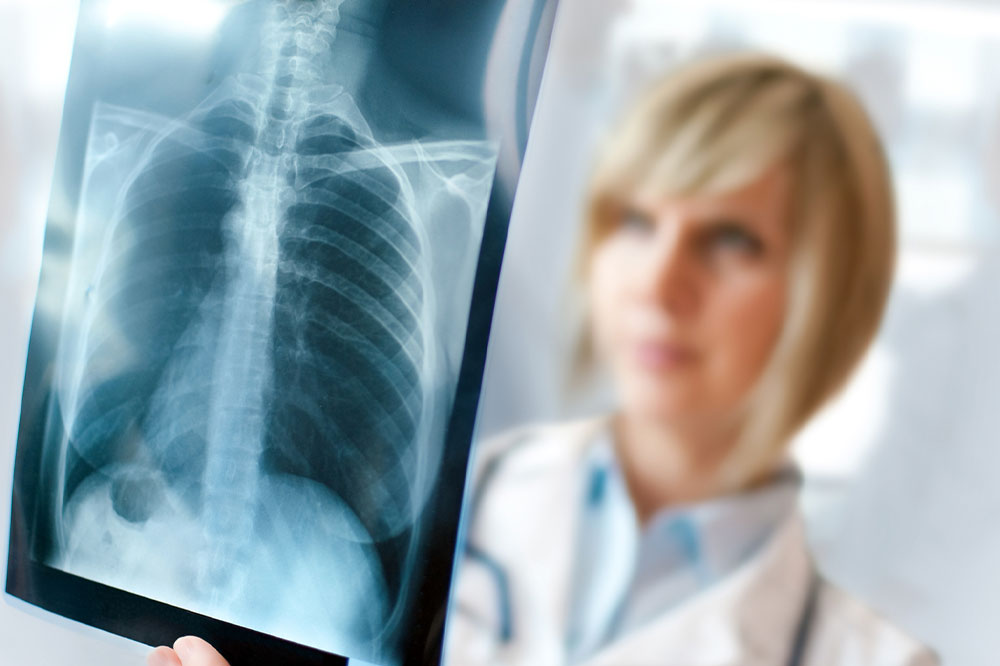Understanding Lung Cancer: Symptoms, Diagnosis, and Treatment Strategies
This article provides comprehensive insight into lung cancer, highlighting common symptoms, signs of advanced disease, diagnostic procedures, and various treatment options. Emphasizing early detection and prevention, it guides readers on recognizing symptoms and seeking timely medical care to improve outcomes.
Sponsored

Lung Cancer: Recognizing Symptoms and Exploring Treatment Options
Early signs of lung cancer often include mild coughs and breathing difficulties, which vary depending on the affected lung area. As the disease progresses, symptoms tend to worsen, with systemic effects such as fatigue and appetite loss common among patients. Initial stages may present no noticeable signs; however, persistent coughs, blood in sputum, fatigue, weight loss, and recurrent respiratory infections are typical indicators. Advanced stages involve metastasis, affecting bones, liver, or brain, leading to pain, jaundice, neurological issues, and swelling. Prompt medical evaluation upon noticing symptoms is crucial for effective treatment. Treatment approaches depend on cancer type and stage, with options including surgery, radiation, chemotherapy, and targeted therapies. Preventive measures focus on avoiding smoking and exposure to pollutants, alongside regular health checkups and maintaining a healthy lifestyle.






